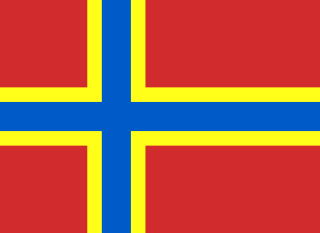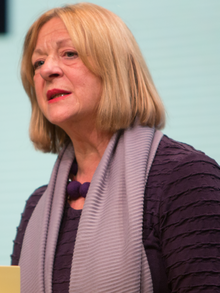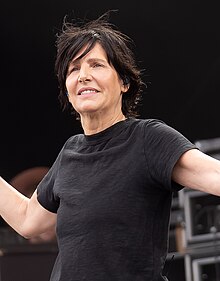December 14 is the 348th day of the year in the Gregorian calendar; 17 days remain until the end of the year.
October 28 is the 301st day of the year in the Gregorian calendar; 64 days remain until the end of the year.
September 16 is the 259th day of the year in the Gregorian calendar; 106 days remain until the end of the year.

Maryhill is an area in the north-west of Glasgow in Scotland. A former independent burgh and the heart of an eponymous local authority ward, its territory is bisected by Maryhill Road, part of the A81 road which runs for a distance of roughly three miles between Glasgow city centre and the suburban town of Bearsden.

Falkirk is a town in the Central Lowlands of Scotland, historically within the county of Stirlingshire. It lies in the Forth Valley, 23+1⁄2 miles northwest of Edinburgh and 20+1⁄2 miles (33 km) northeast of Glasgow.

Possilpark, colloquially known as Possil, is a district in the Scottish city of Glasgow, situated north of the River Clyde and centred around Saracen Street. The area developed around Saracen Foundry of Walter MacFarlane & Co., which was the main employer. In the wake of the Saracen Foundry's closure in 1967, this part of Glasgow became one of the poorest in the United Kingdom, and decades later deprivation and crime rates remain high.
Mario Joseph Conti was a Scottish Catholic prelate who served as the Archbishop of the Metropolitan see of Glasgow, Scotland between 2002 and his retirement in 2012. Ordained to the priesthood in 1958, Conti spent most of his life in the service of the Church, being consecrated Bishop of Aberdeen in 1977 where he served until his appointment to Glasgow.
Irish-Scots are people in Scotland who have Irish ancestry. Although there has been migration from Ireland to Scotland and elsewhere in Britain for millennia, Irish migration to Scotland increased in the nineteenth century, and was highest following the Great Famine and played a major role, even before Catholic Emancipation in 1829, in rebuilding and re-establishing the formerly illegal Catholic Church in Scotland following centuries of religious persecution. In this period, the Irish typically settled in urban slum neighborhoods and around industrial areas. Irish ancestry is by far the most common foreign ancestry in Scotland.
Knightswood Secondary School is a secondary school located in Knightswood in the west-end of Glasgow, Scotland.

Orcadians, also known as Orkneymen, are an ethnic group native to the Orkney Islands, who speak an Orcadian dialect of the Scots language, a West Germanic language, and share a common history, culture and ancestry. Speaking Norn, a native North Germanic language into the 19th or 20th century, Orcadians descend significantly from North Germanic peoples, with around a third of their ancestry derived from Scandinavia, including a majority of their patrilineal line. According to anthropological study, the Orcadian ethnic composition is similar to that of Icelandic people; a comparable islander ethnicity of North Germanic origin.

Maltese Australians are Australian citizens who are fully or partially of Maltese descent or Malta-born persons who reside in Australia. According to the 2021 Census, there were 198,989 people of Maltese descent in Australia and 35,413 Malta-born people residing in the country at the moment of the census.
Scottish Asian is a term defined within the 2011 Scottish census as including people of Bangladeshi, Chinese, Indian, Pakistani or other Asian ancestry resident in Scotland. Their parents or grandparents are normally Asian immigrants. It can also refer to people who are of dual Scottish and Asian ancestry. It combines Asian ethnic background with Scottish national identity.
Events from the year 1987 in Scotland.
Events from the year 1965 in Scotland.
Events from the year 1958 in Scotland.
Events from the year 1945 in Scotland.

Lewis Marc Capaldi is a Scottish singer-songwriter and musician. He was nominated for the Critics' Choice Award at the 2019 Brit Awards. Capaldi also won the 2020 Brit Award for Best New Artist. In March 2019, his single "Someone You Loved" (2018) topped the UK Singles Chart where it remained for seven weeks, and in November 2019, it reached number one on the US Billboard Hot 100; it was nominated at the 62nd Annual Grammy Awards for Song of the Year and won the 2020 Brit Award for Song of the Year. "Someone You Loved" was the bestselling single of 2019 in the UK. In May 2020, it was announced that Capaldi's song "Someone You Loved" had become the longest-running top 10 UK single of all time by a British artist.









